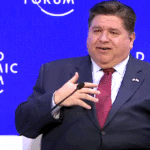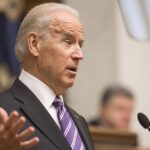

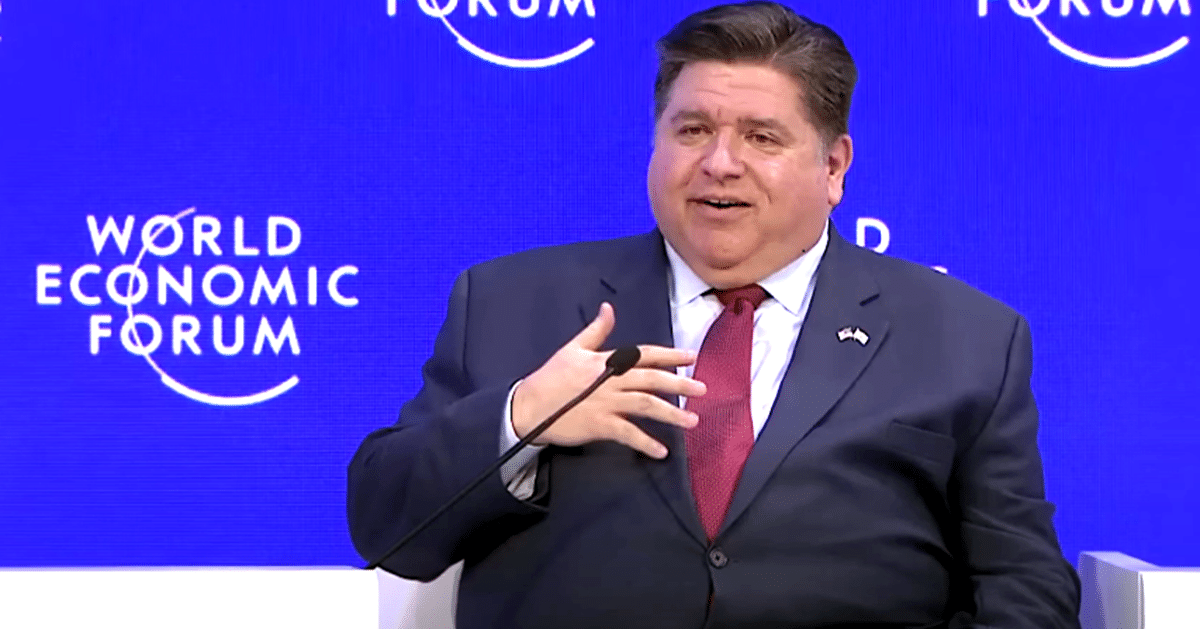
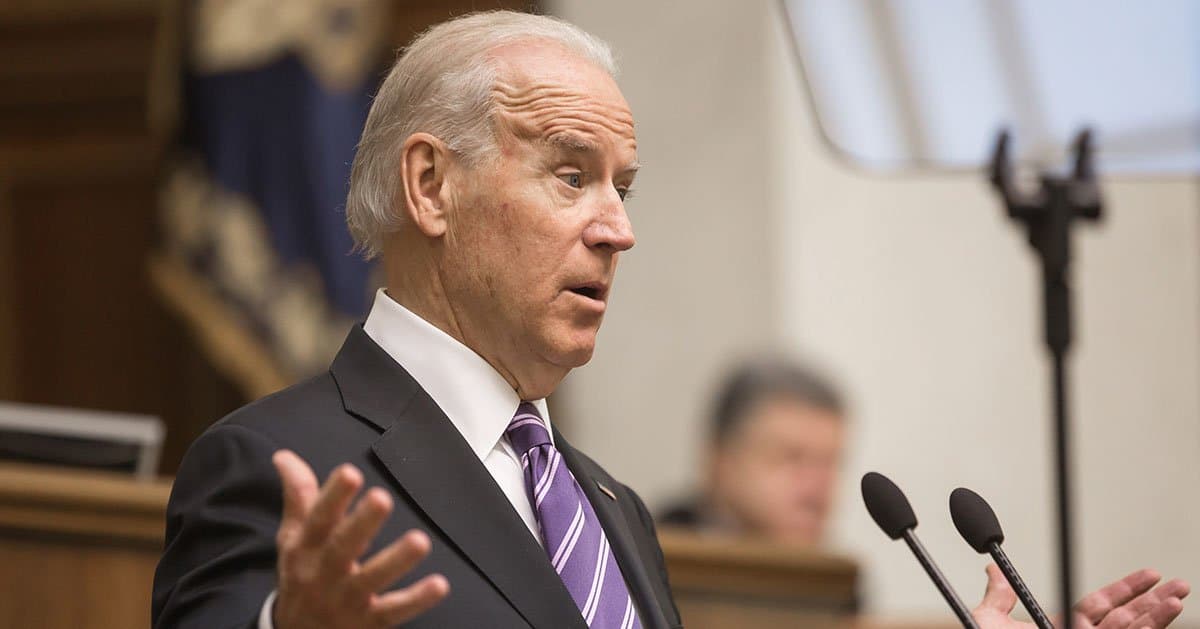
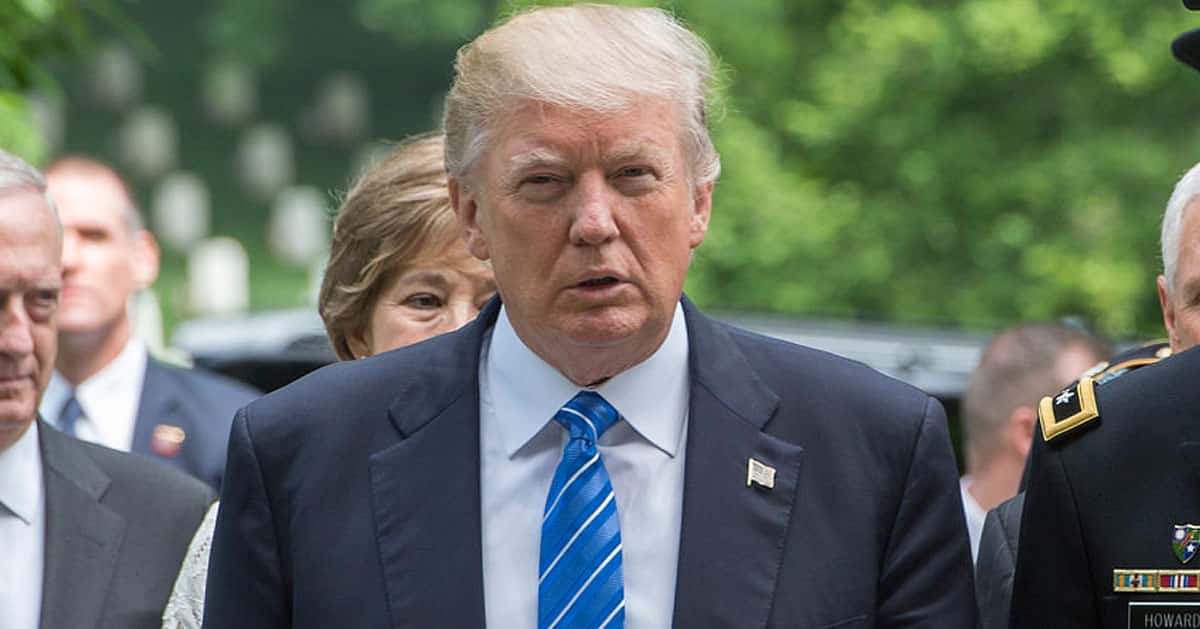
Washington, D.C., once plagued by rampant crime, is breathing easier thanks to President Donald Trump’s bold federal intervention. His deployment of National Guard troops and federal law enforcement to oversee the city’s police has delivered results that even skeptics can’t ignore. The progressive playbook of soft-on-crime policies is taking a backseat, and the capital is safer for it.
Fox News reported that Trump announced a federal surge to tackle Washington, D.C.’s spiraling crime rates, bringing in National Guard troops and federal agencies to support the Metropolitan Police Department.
Mayor Muriel Bowser initially called the move “unsettling and unprecedented,” clinging to local control like a lifeline. Her resistance echoed the tired narrative of progressive leaders wary of strong law enforcement.
The surge, bolstered by the FBI, DEA, ATF, U.S. Park Police, and Capitol Police, aimed to curb carjackings, gun crimes, and homicides.
Bowser’s early skepticism painted her as a defender of a failing status quo, more concerned with optics than outcomes. Yet, the numbers don’t lie, and even she had to face reality.
Carjackings in D.C. plummeted by 87% during 20 days of the federal surge compared to the previous year. Fewer guns on the streets and fewer homicides followed, proving that decisive action trumps endless debates. The left’s obsession with “community solutions” got a reality check.
Bowser admitted, “We greatly appreciate the surge of officers that enhance what MPD has been able to do.” Her pivot from critic to cautious supporter shows even progressives can’t deny hard data. But her praise feels like a grudging nod to Trump’s playbook.
“For carjackings, the difference between this period, these 20 days of this federal surge, and last year represents an 87% reduction,” Bowser said.
She noted that safer neighborhoods come when crime drops, a truth so obvious it’s almost comical it needed stating. Yet, her admission underscores the surge’s undeniable impact.
Bowser highlighted a “break in trust” between police and the community, blaming new federal partners.
Her complaint about masked ICE agents in neighborhoods reeks of pandering to woke sensibilities. Trust is earned through safety, not endless community forums.
She also griped that relying on out-of-state National Guard troops is “inefficient.” It’s a fair point—local control matters—but efficiency takes a backseat when crime stats were bleeding red. Trump’s heavy hand seems to have steadied the ship.
Despite the surge’s success, Bowser insists D.C. needs more local police, prosecutors, judges, and prevention programs. It’s a classic progressive hedge: acknowledge progress, then pivot to demanding more resources. The city’s safety shouldn’t hinge on endless budget battles.
Trump didn’t stop at street-level crime; he also targeted Union Station, a crumbling hub owned by the Department of Transportation.
Bowser backed his move to seize greater control of the station, admitting D.C. can’t shoulder the $8 billion to $12 billion renovation cost alone. It’s a rare moment of agreement that exposes the district’s fiscal limits.
“Union Station is owned by the Department of Transportation, and it will be a good thing,” Bowser said. She called it a vital asset for the nation, not just D.C., which is hard to argue when you see the station’s decay. Federal investment here is a win for everyone.
Still, Bowser’s support for federal control of Union Station feels like a convenient dodge of local responsibility. The district’s inability to fund basic infrastructure highlights why Trump’s intervention was needed. Sometimes, a federal push is the only way to cut through bureaucratic inertia.
The surge’s success proves that strong, federal-led action can outshine local dithering. While Bowser pines for more local control, D.C.’s safer streets tell a different story. Trump’s policies, rooted in law and order, are giving the capital a fighting chance.


